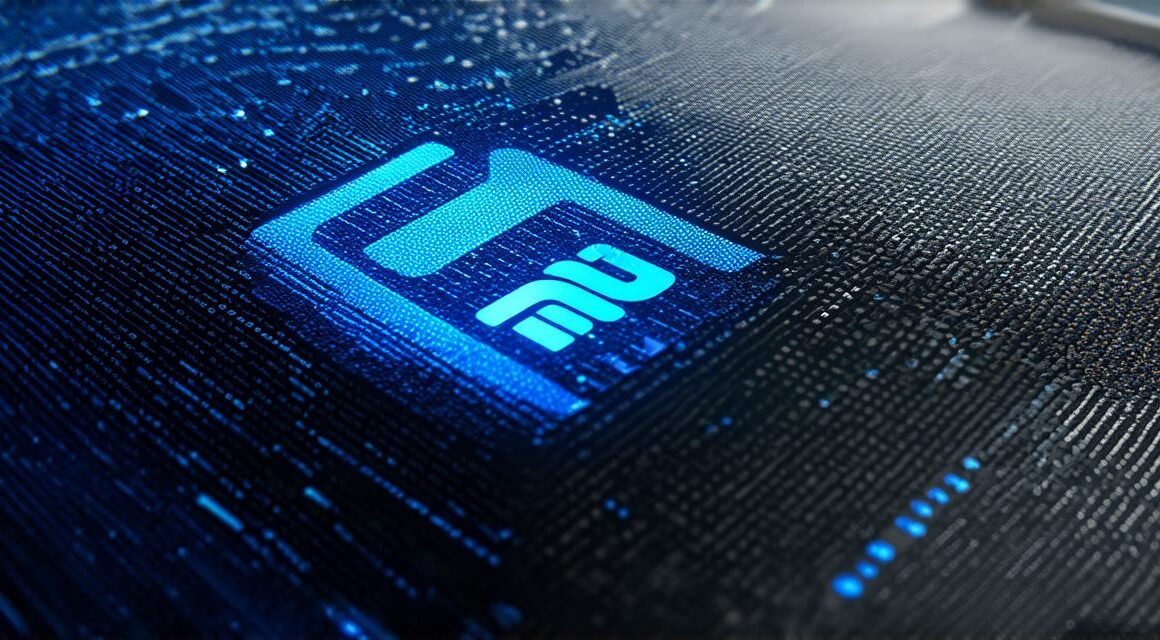Unity 3D is a powerful game engine that has taken the world of gaming by storm. With its easy-to-use interface and vast array of tools, it’s no wonder that Unity is one of the most popular choices for game developers.
But with great power comes great responsibility, and for those who are new to coding in Unity 3D, the learning curve can be daunting.
Fear not! In this comprehensive guide, we will walk you through the basics of coding in Unity 3D, providing step-by-step instructions and real-life examples to help you master the ins and outs of this exciting and rewarding field. By the end of this article, you’ll be well on your way to creating your own Unity 3D games!
Getting Started with Coding in Unity 3D
Before we dive into the nitty-gritty of coding in Unity 3D, let’s take a moment to understand what it is and why it’s important.
Coding, or writing computer programs, is the process of creating instructions that a computer can follow to perform specific tasks. In the case of Unity 3D, coding allows you to create custom scripts and assets that will enhance your game’s functionality and interactivity.
Why is Coding Important in Unity 3D?
Coding is an essential skill for any game developer who wants to take their creations to the next level. With coding, you can:
- Add custom scripts and assets that will make your game more dynamic and engaging.
- Create interactive elements like menus, buttons, and sliders.
- Implement advanced AI and machine learning algorithms.
- Enhance your game’s performance by optimizing code and reducing load times.
- Integrate external APIs and services to add new features and functionalities to your game.
Real-Life Examples of Coding in Unity 3D Games
Unity 3D games come in all shapes and sizes, from simple platformers to complex strategy games. Here are a few examples of how coding can enhance the gameplay experience:
- In a platformer game, you might use code to add physics-based movement for the player character, allowing them to jump, run, and slide across obstacles.
- In a first-person shooter game, you might use code to create AI-controlled enemies with different behaviors and tactics, making the game more challenging and engaging.
- In an adventure game, you might use code to create interactive puzzles and challenges that require the player to think outside the box and solve problems in creative ways.
Types of Code Used in Unity 3D
There are several types of code that you might use in Unity 3D, each with its own unique purpose and functionality. Here are a few of the most common types:
C Scripts
C is the primary programming language used in Unity 3D, and it’s an object-oriented language that is easy to learn and use. With C scripts, you can create custom classes and objects that will interact with the game world and each other.
JavaScript
JavaScript is another popular programming language that can be used in Unity 3D. It’s a client-side scripting language that runs on the player’s browser, making it ideal for creating interactive web games and applications.
Shaders
Shaders are used to define the appearance of objects in the game world, including their color, texture, and lighting. With shaders, you can create custom visual effects and styles that will make your game stand out from the crowd.
Getting Help with Coding in Unity 3D
Learning to code can be challenging, but there are plenty of resources available to help you along the way. Here are a few tools and resources that you might find useful:
- Online Communities: There are several online communities where you can connect with other Unity 3D developers and get help with your coding questions. Some popular communities include:
- The Unity Forum: A community-run forum where you can ask and answer questions about Unity 3D development.
- Reddit’s r/unity3d: A subreddit dedicated to all things Unity 3D, including coding tips and tricks.
- Stack Overflow: A question-and-answer website where you can ask coding-related questions and get help from experienced developers.
- Documentation and Tutorials: Unity 3D comes with a wealth of documentation and tutorials that can help you learn the ins and outs of coding in the engine. Some helpful resources include:
- The Unity manual: A comprehensive guide to using Unity 3D, including information on coding and scripting.
- The Unity Asset Store: A marketplace where you can find pre-made assets and scripts that can help you get started with coding in Unity 3D.
- Udemy courses: Online courses that cover a range of topics related to Unity 3D development, including coding and scripting.
- Expert Opinions: Finally, there are plenty of experts out there who can offer advice and guidance on coding in Unity 3D. Some popular resources include:
- The Unity Certified Programmer (UCP) certification program: A program that certifies developers who have demonstrated a high level of proficiency with Unity 3D development, including coding and scripting.
- Online courses and tutorials: Many online courses and tutorials are taught by experienced developers who can offer expert advice and guidance on coding in Unity 3D.
- Developer communities: Joining developer communities like Meetup or Dev.to can give you access to a network of experienced developers who can help you with your coding questions and offer advice on best practices.
Summary
Coding is an essential skill for any Unity 3D developer, and there are plenty of resources available to help you get started. With practice and persistence, you can create some truly amazing games using the power of code in Unity 3D.



